Not Just Another Country Preacher
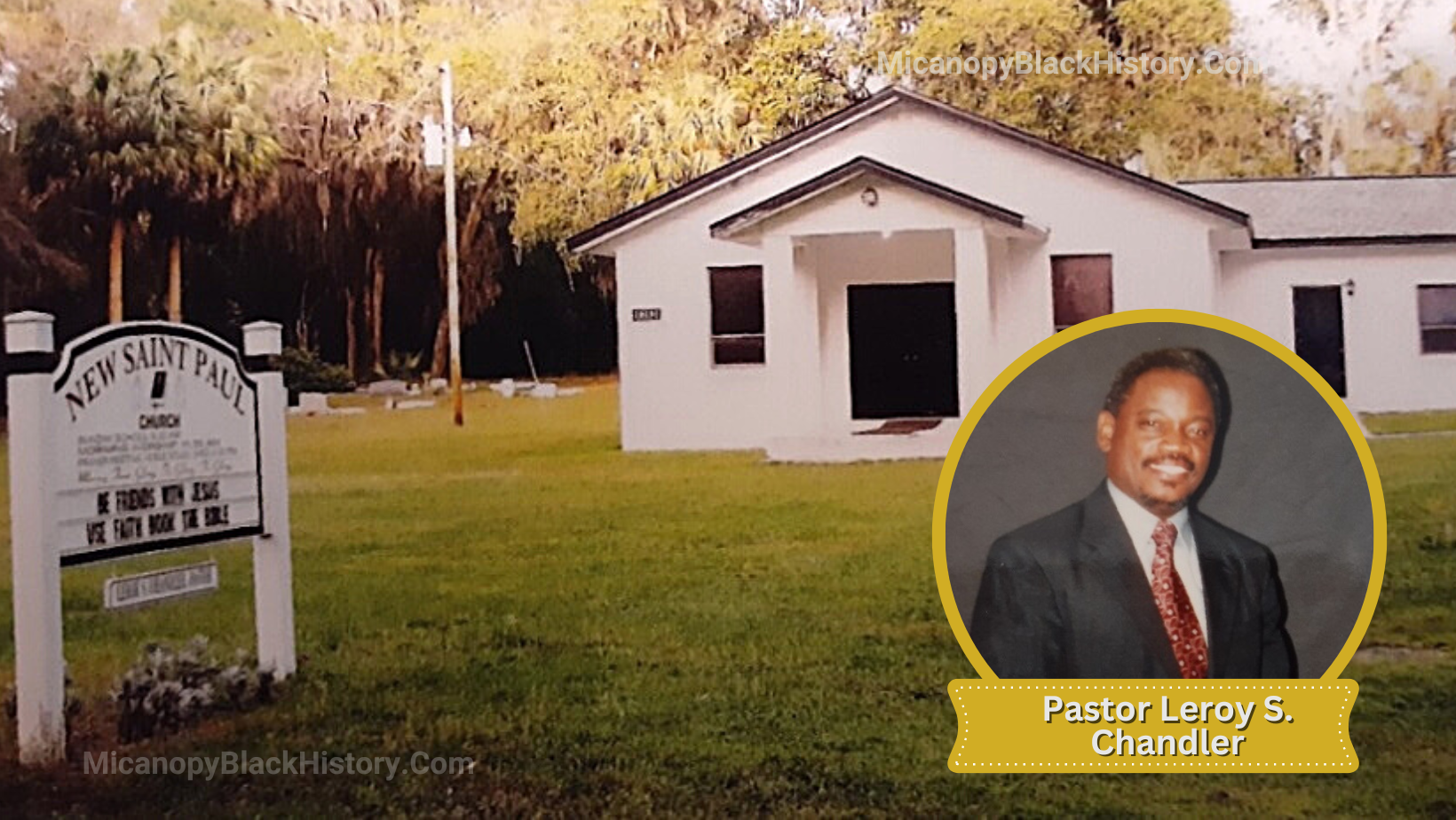
As a young man growing up in Flemington, Leroy S. Chandler used to ride his bicycle nine miles to Micanopy to get a haircut from Mr. Eddie Jones in his backyard. It was a casual, friendly environment with Black men of all ages sitting around the backyard on benches and in chairs or wherever they could, enjoying being together on a Saturday morning. The Black men talked laughed, and sometimes debated while they waited their turn for a haircut. Eddie Jones’ backyard was so welcoming that even after the haircut was finished, men did not wan to leave right away.
Leroy would enjoy his time at Mr. Eddie’s Barber Shop and bike back to Flemington with a smile on his face. At the time, Leroy was a future Reverend, who had no desire to become a Reverend, yet even the teachers at his high school referred to him as Reverend Chandler. This surprised him because all he really wanted was to become a teacher like them.
It was the 1960’s and Leroy was heavily involved in church. His mother, Idella Chandler, suggested that they form a club for the kids who also enjoyed church and together they named it The Lamplighter’s Club. The Lamplighter’s Club gave the neighborhood children and teens activities to participate in so they had an alternative to running around the streets. On Saturday nights they had dances and sold ice cream cones, sodas and Big Time candy bars for a nickel. The group would use the money raised from the snack sales as a catch-all to help any of the members with clothes or supplies.
As Leroy moved on to high school at Fessenden High, he played baseball for the Flemington Blue Devils, a local Sandlot baseball team. Their team would rotate traveling to nearby communities like Archer and Micanopy to play against their baseball teams. His coach, Buddy Redmond, would demonstrate baseball techniques with one hand because he only had one hand after losing it in an accident. Watching his baseball coach thrive despite a handicap taught Leroy that even through loss, nothing should stop him.
At Fessenden High School, Leroy was very active in student activities. He played percussion in the band and by Senior Year he had become the Senior class President and President of the student body. He advocated for more student inclusion in school-wide decisions so effectively that the principal began calling him into meetings to discuss initiatives.
While he led the Student Body, he became close friends with a girl named Emma who was also a part of the student council. She was a self-assured, no-nonsense type of girl and they got along well. Their friendship blossomed and they soon began dating.
As graduation neared Leroy knew that his parents did not have savings to pay for college so he found a buyer for his car, a 1956 Ford, in order to pay for his classes. The buyer had yet to pay in full for the car and the deadline to register for his first semester of college was just two days away. Leroy hatched a plan to steal his brother’s car, drive to Daytona Beach and register for his classes without the payment. He shared his plan with his little sister Lottie and she broke her piggy bank to give him all of her savings, a whopping $65 cash, so that he could make the trip.
He and a friend, Donald Buie, drove as fast as they could down south to Dayton Beach to register for school. They made the registration deadline, registered for the semester, and high tailed it back to Flemington. Their plan fell apart when they drove through Deland, Florida and the police pulled them over for speeding.
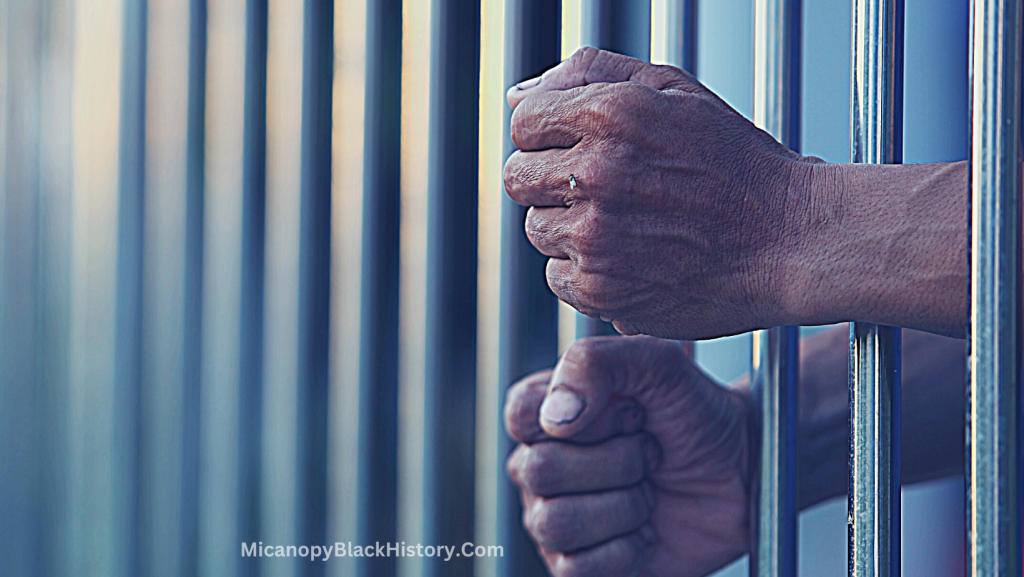
Instead of being issued a routine speeding ticket, Leroy and his friend were both arrested and placed in jail. The Deland police fined the young men for the speeding tickets and refused to allow them to leave until the fines were paid in full. While he sat in jail waiting for his parents to help him he thought about the situation and realized although he thought he was doing a good thing, he had done it in the wrong way and this was his lesson.
Leroy persevered, graduated from Fessenden High School in 1968, got to college and maintained a good standing academically yet, at times his finances faltered. One week, he had 57 cents to make due for all of his meals. He went to the store and purchased a pack of coconut cookies. He ate two cookies for breakfast, two for lunch and for dinner he would splurge and have three.
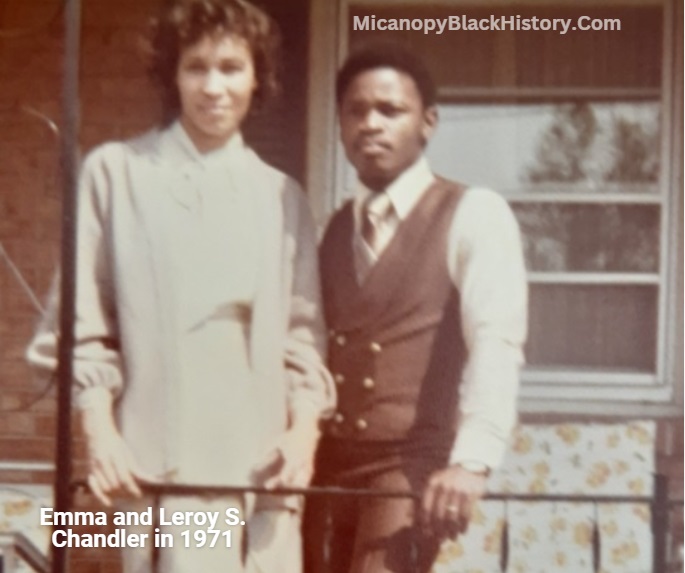
He made it through those early days of famine, graduated college with a certificate in Automotive Technology from the Mary Karl Vocational School of Applied Science in 1972 and proposed to his long-time girlfriend Emma. In 1973 they were married.
Soon after he became a married man he was recruited to transfer to Michigan to work for Oldsmobile as a district service manager and he and Emma went on their way. Times weren’t easy for him as a young Black professional man working in a mostly white industry. His duties led him to travel to small towns in Michigan and those experiences taught him just how prejudiced the world really was in the mid 1970’s. When visiting many of those small towns he was often warned that although he was welcome during the day, he should make sure to leave before sundown, for his safety.
For 11 years and nine months, the Chandlers made it through their time in Michigan. Their ultimate goal was to return home to Flemington so that they could raise their family there, in the heart of the country town they loved surrounded by friends and family who share their values. By the time they boarded a one-way flight to Florida in 1987, they had their first son, 2-year-old Cristian in tow.
They made it back to Flemington and immediately got to work to create an impact on their town. Leroy became a deacon ministering in prisons and detention centers and led the development of a Black History Exhibit with a collection of historical memorabilia that spanned from relics from Africa to today. The Black History exhibit is so massive that they need one hundred 8-foot tables to display all of the books, original documents, African art, stories from the Civil War and even slave chains. The Chandlers travel to colleges, high schools and elementary schools to share their collection.
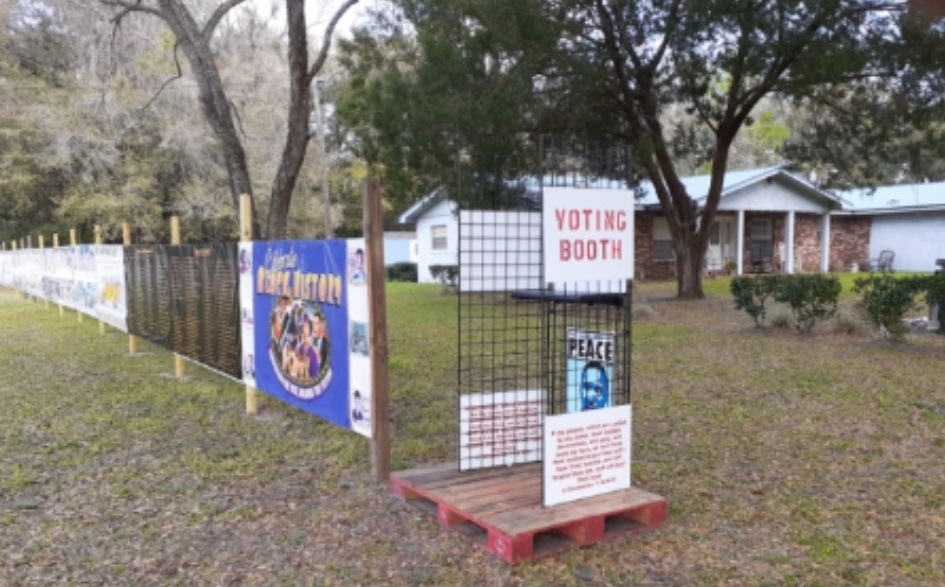
Together they also constructed the 100 foot Positive Wall of Change for African Americans outside of their home. Visitors flock to their home at 10515 West Highway 318 Reddick, Florida to view this artistic depiction of challenges that African Americans faced on their quest to become respected members of this society.
In the midst of building this impressive collection and ministering in prisons, in 2004 Leroy received a call from the Pastor of The New St. Paul Church, Inc. (formerly known as St. Paul AME) located at 19431 NW 100th Avenue Road in Micanopy. The Pastor informed Leroy that he would be leaving the church and that members of his congregation suggested that Leroy would be considered as one of the candidates to become their new Pastor.
Leroy laughed out loud at this suggestion. He told the Pastor that although he respects Pastors greatly, he was actually comfortable in the ministry God had already given him in the prison system. As soon as the words left his lips, Leroy paused and thought about what he had just said. He was comfortable. Yes, he was but he believed God had even more plans for him. He knew then that God has used the prison ministry, the leadership positions and all of the challenges before it to equip him for this new role as a Pastor.
Leroy S. Chandler has been the pastor of the New St. Paul Church for 19 years now and he looks forward to many more.
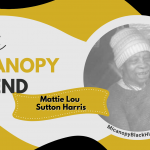 Previous Post
Previous Post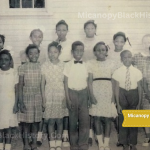 Next Post
Next Post
